All change, please!
This post has been updated and is now on a new version of this site.
This notice will remain online until 20 September 2016.
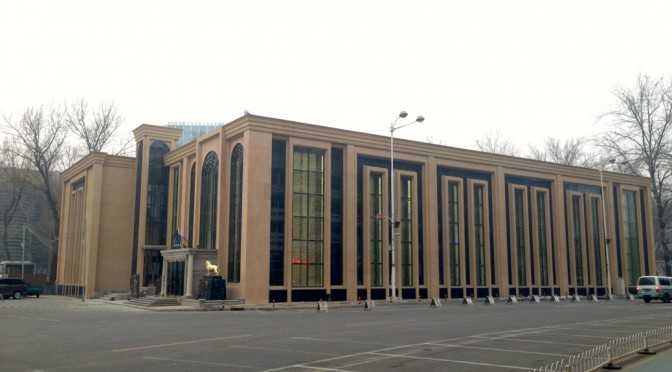
All change, please!
This post has been updated and is now on a new version of this site.
This notice will remain online until 20 September 2016.
Probably in an attempt to make life easier for you — if you wanted to find every last bit about me since my first site in 1996 — I’m trying to recover as much from the website archives as possible.
By the way — there’s probably no real need to go to archives.org to look for older versions of my other blogs (raccoltaonline.com, amongst others); they’re as good as gone, and that’s for your convenience, as davidfeng.com will be the only domain you’ll really need to remember.
There’s no fixed date for when all of this will be done; as they’re not “top priority” content, I think it’s probably more a case of “surprising you with content that used to be there” rather than giving you a fixed date and time.
After all, probably surprise are better, right?
What has happened in Switzerland recently (regarding in particular the anti-foreigner sentiment in the country) is beyond shocking — my latest joke is that we have just created the new “island continent” of Helvetia, Latin for “Switzerland”. Of course it’s a bad joke, and it’s also bad what has happened in Helvetia today.
United we stand, divided we fall. We (Tracy and I) were never for sums that took things away; we always liked sums that had a “plus” factor. Of course Switzerland today failed us and it will probably have to make do with knee-jerk reactions, not least negative impressions and disappointment, as well as other measures.
Tracy and I have decided that beginning tonight, we will be World Citizens. The countries of China and Switzerland will only have nominal “special-ness” as they were our countries of origin by birth (and Switzerland is currently the country of my nationality). We plan to travel the world and will no longer feel happy permanently locked up in Beijing or Zurich.
We have decided to come together to promote better understanding amongst cultures, and to this extent we have decided to tell everyone we work with that discrimination in any form will not be tolerated. We hate racism and condemn xenophobia; these have no place in modern society. Where we previously may “misunderstand” a culture, race, or country, we might actually very well be travelling there — to see how things “really work”.
We will no longer subscribe to “blanket tags and stereotypes” of one specific country or the other. We firmly believe human beings of all races and nationalities are the same. We believe the different countries of the world add up to a holistic whole for our planet. We believe humans and everyone, everything on this planet has the ability to “add up for good”.
We will integrate concepts from any society into our daily lives, wherever it is used for our good. We will learn and speak multiple languages and truly have friends all over the world. In future, we will let our next generations live in international environments where they have friends from Europe, Asia, Africa, the Americas and Oceania. We will travel to as many places, both old and especially new, by any means of transport. We look forward to shaking hands from persons of any country, and we look forward to sharing voices freely with everyone on the planet.
We are World Citizens David Feng and Tracy Liu. We love this planet and we love all on Earth.
David Feng
Tracy Liu
10 February 2014
07:00 Swiss time, Sunday, 09 February 2014.
It’s probably no state secret that the alpine republic in the centre of Europe has seen its population swell — the opening and realisation of free movement of people between Switzerland and the rest of the EU and EEA has seen visible changes for Switzerland.
But just how good are the changes? Here, there are as many naysayers as they are optimists. Naysayers will point out to overloaded trains, poor sanitation, and a Switzerland that is running out of space for quality living areas — some fear the eventual “Hong Kong-isation” of the neutral isle. They also point out to an increasingly growing presence of those of the “big canton up north” (that’s Germany) being unwilling or having problems speaking in Swiss-German, as well as a loss of sovereign rights to say who can or cannot come to Switzerland.
I’m part of the optimists that say there are better ways for Switzerland to deal with its immigration problems than to chuck the excess load out. Reimplementing quotas would be the beginning of the end between Bern and Brussels; in spite of me being a EU-rosceptic I still believe the end of free movement between Switzerland and the rest of the EU is a bad idea. Bern and Brussels work with the bilateral agreements under the condition that a guillotine clause is included. In other words, if Switzerland breaks or withdraws from one agreement, all agreements with Brussels could be at stake — Brussels may also choose to pull out from the entirety of agreements as well. Swiss citizens may, then, in future encounter more red tape when entering other European nations; the era of the “EU / EEA / Swiss nationals” fast track access channel may soon come to an end. It would also impose unnecessary red tape amongst foreign citizens coming into Switzerland. Buying a house and setting up shop in Switzerland would soon be something much easier said than done if the proposal was passed; and I’m speaking like this even as a citizen of Switzerland.
No amount of xenophobia, even racism, will solve the prickly problems of the present day. It is time we did less “take-away” sums and “added” more for people in Switzerland, both local and foreign. Let’s integrate, not separate; show smiles, not scorn. As a Swiss abroad I treasure the diversity of international metropolises such as Beijing, Shanghai, Hong Kong, Taipei, Zurich and London. These cities thrive because they’re inclusive, not restrictive (this is true even for the capital of Communist China).
It’s not a good idea to bite the newcomers to Switzerland. As a Swiss citizen resident overseas I have sent in my vote already. I urge all to take a stance and not let Switzerland backtrack on its pledges or become some kind of laughingstock, be it in Berlaymont or anywhere. Introducing quotas would mean the Swiss are ready to take a langlauf that could eventually send it ploughing downhill, and only God knows how painful it might be in the end.
By voting NEIN / NON / NO to the “Gegen Masseinwanderung” popular initiative, which foresees unsightly quotas and restrictions amongst foreigners in Switzerland, we keep things the way they are — which is very much a Swiss tradition — and we remain open, economically, and socially as well. Don’t bite the newcomers — don’t let a discriminatory bill have the upper hand over reason.
I have already voted. I leave it up to you and all the rest of us in making sure Switzerland remains an inclusive and open society.
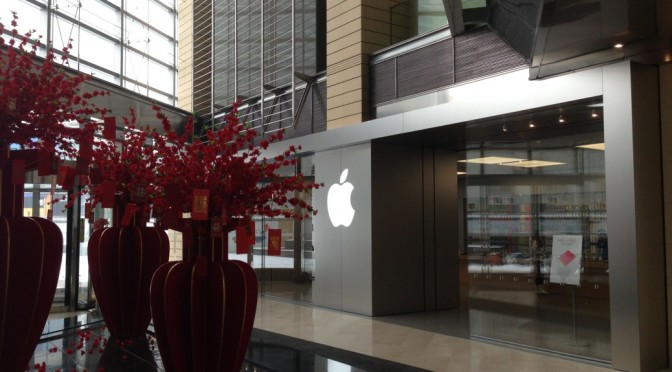
All change, please!
This post has been updated and is now on a new version of this site.
This notice will remain online until 20 September 2016.
The Chinese Weibo and, indeed, social media world, has been taken by storm by the invention of the Long Weibo (長微博, chang wei bo). In essence, you can think of this as a super-long tweet as a graphic attached to a post on Weibo.
Try as you might — in particular super-long Long Weibos (pardon the pun) won’t work on Twitter. I tried one where we had this super-long pic of the Shanghai Metro connections out of Hongqiao station being posted on Twitter. In essence the thing was too long, waaayy too slim (width-wise), and of too poor a resolution once uploaded — not even investing in a massive microscope would’ve done the deal.
Long Weibos are a big thing in China. First, especially if you create them on your own (without going through an “official Long Weibo maker”, you can post just about anything you want, including stuff that might have Zhongnanhai s@—#ting bricks (excuse me please). A text post is always checked by an “e-censor”; if it’s problematic with the CCP, you simply can’t post unless you mod the text — by, for example, inserting dashes, just-li-k-e-th-i-s — so you dodge the censors. With a graphic Long Weibo (I didn’t mean it that way), you can indeed post anything — including graphic content (ahem).
Second, you can make the thing as long as you want. You can spend minutes, even hours, going through a Long Weibo, if you’re so inclined. Even the Chinese Communist Party’s official news system makes extensive use of Long Weibos, where text and pics co-exist “in a perfectly harmonious e-society” (so to speak).
Probably because of these two reasons, Long Weibos have taken on a life of its own. Weibo’s deep-seated integration of pictures (and because the Weibo repost mechanism preserves Long Weibos in the original post, if there is one) makes these things popular — actually, popular here might be too weak a word. They also work great on WeChat (although WeChat supports super-long text-based entries as well), so you can easily take a Long Weibo from Weibo (see where I’m getting at?) to WeChat. It worked great for me; I get Likes and Comments all the same, be it a Long Weibo-included post on Weibo or WeChat.
As a result, because Long Weibos are content-rich, they qualify for a blog article in their own right (including those that contain nothing but cutesy kitty pics, which has long been a favourite of Shanghai Rail’s official Weibo account). Beginning in a few days’ time, you’ll soon see the text of what used to be (solely) Long Weibos appear here on my site — and you can spot them easily, as they’ll be in the Long Weibo category. I’ll try to translate stuff that started out life originally in Chinese as well.
This Long Weibo thing can get quite addicting. To the world outside of China, Long Weibos probably aren’t documented that well. If there was an e-samzidat, of kinds, in e-China, Long Weibos might have provided the first such platform for these…
I’m moving all old posts from my previous sites to the present davidfeng.com site.
Does this warrant in itself a post? Probably not… because it’s irrelevant to most of you (especially if this is your first visit to the site). But… actually, yes, it might make a little bit of sense if you have been following me since the very early years.
In 1996, Mr D’Arcy, my computer teacher (read: Mac teacher), encouraged everyone to create, using basically “raw HTML code” at that time, their own web sites. I did mine, and the only thing I was happy about was text that blinked. Today, if you do that on the Interwebs of 2014, your design is in essence put on Cyber Death Row. (No sane soul does blinking text any more!)
I had no idea why Mr D’Arcy liked my page as one of his favourites — it must have been the blinking text, right? Grand stuff… well, back in the day, it certainly was. This page came out probably 3 years before Google — in the weirdest of all names, I named it based on my then-Hanyu Pinyin given name and the word Net (a la Internet): yaNet (yep, it sure was case-sensitive).
(I’ll leave you to pronounce that on your own — I do not have an officially approved pronunciation here…)
So as I’m getting ready to hit That Great Big Twenty in terms of online presence, I figured I’d have to move quickly before 30 September 2016, which is when (I think) the site first made it online, and get those old pages back up again — as much as I can recover (especially recover sense in them). You see, on that date in 1996, without me knowing too much about it, Mr D’Arcy fell in love with the site and hosted it on the school’s web server for the low price of zero. (The Internet Archives / Wayback Machine currently holds copies of these pages as “early” as 12 April 1997.)
And internic.net was not informed… (which was less of a big deal, since my site was not on its own separate domain!)
I do admit that a 14-year-old “thinks different” than a 34-year old, but I have never been a fan of secretly rewriting history. Some of the restored pages (which will include quite a few from my 2005 Raccolta Online site) will, obviously, have to be modified “to suit the times” — but you’ll be told that “minor changes were made to this post based on the original”. Some things aren’t for sale (and won’t suffer massive mods): personal views, independent opinions, and the willingness to be different (without being too different to the extent you get loads of others mad), so I’ll keep previous posts unmodded as much as possible.
The e-move will happen gradually — there are no clues as it’s probably not the best thing to send out a press release every time a page is recovered! Within about two years, though, you’d have experienced something quite interesting “weird and wonderful” (which was how they called my very first site): the whole world of David Feng since 1996 in one site.
Archive.org, breathe easy. If you can’t take care of my stuff, I’ll do it on my own…
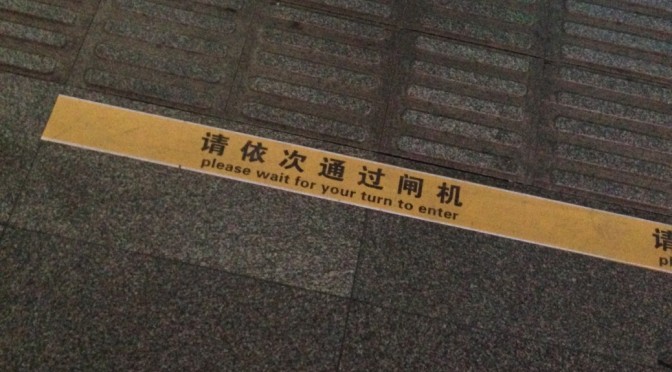
Despite my increased presence outside of Beijing this year, as a plan to explore this weird, at times wild, but always wonderful world of ours, I’m still involved in improving railway English for China’s railway system for 2014, and I’ll keep my “non-rail” identity (as in: not working as an official member of rail staff), as I’ve done so in 2013 and in initial efforts back in 2012.
I have to say that China’s railway system has remained mixed with regards to the English enhancement programme. On the one hand, I suspect those who drafted out earlier versions certainly aren’t pleased at their “hard work” being wiped out by a non-PRC citizen interested in pro bono enhancements to society, and the dispute over “Should we call Qingdao’s new station “Qingdaobei” or Qingdao North?” is still at times unsettled. On the other hand, though, we are seeing much improved English at an increasing number of stations around China — customers are now told to “please allow passengers more space” at ticket officers, and riders are being told at Ji’nan’s west station that “international passengers must book at manned counters” (instead of previously no English at all; although even here I suspect the English can still be improved further).
For 2014, these are my goals, which are slightly less on “new features” and more on “maintenance and sustainability”:—
The idea behind this is: once the whole system is set up, at least for the immediate-short term, it really doesn’t matter where I’m based: everything’s Internet-based, so it doesn’t matter as much if I’m in Beijing, Bristol, or Boston.
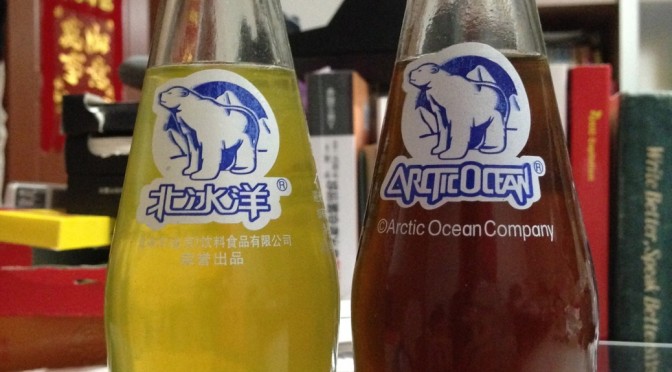
All change, please!
This post has been updated and is now on a new version of this site.
This notice will remain online until 20 September 2016.
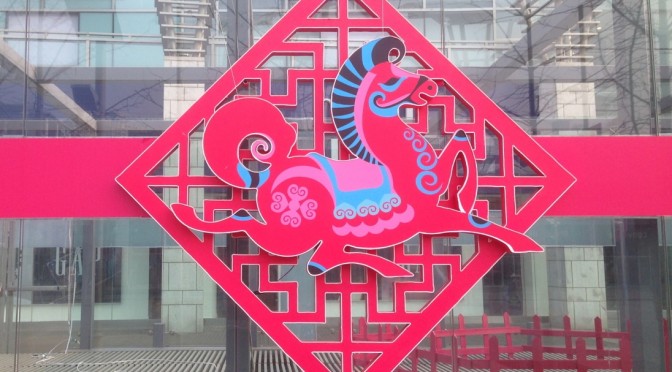
All change, please!
This post has been updated and is now on a new version of this site.
This notice will remain online until 20 September 2016.